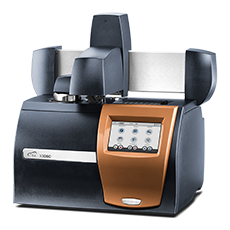What does COP 26 mean for the batteries industry?
In autumn of 2021, the 26th UN Climate Change Conference of the Parties (COP 26) met in Glasgow to work out agreements to curb greenhouse gas emissions and prevent additional climate change. COP 26 built upon the Paris Agreement to limit global warming below 2-degrees Celsius by achieving net zero carbon dioxide (CO2) emissions. These two agreements will shape how governments and industries work together to reduce climate change over the next decade.
Details




